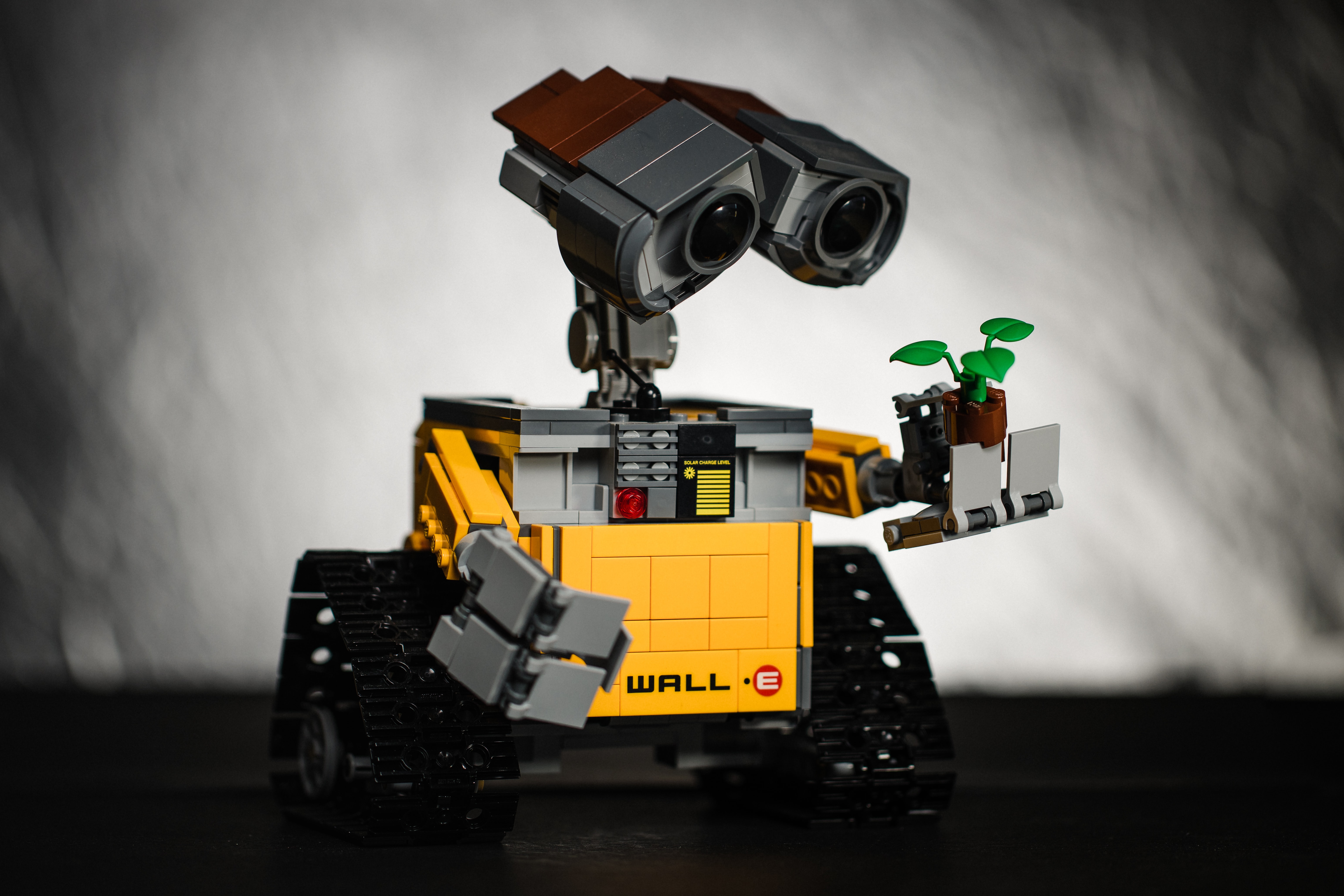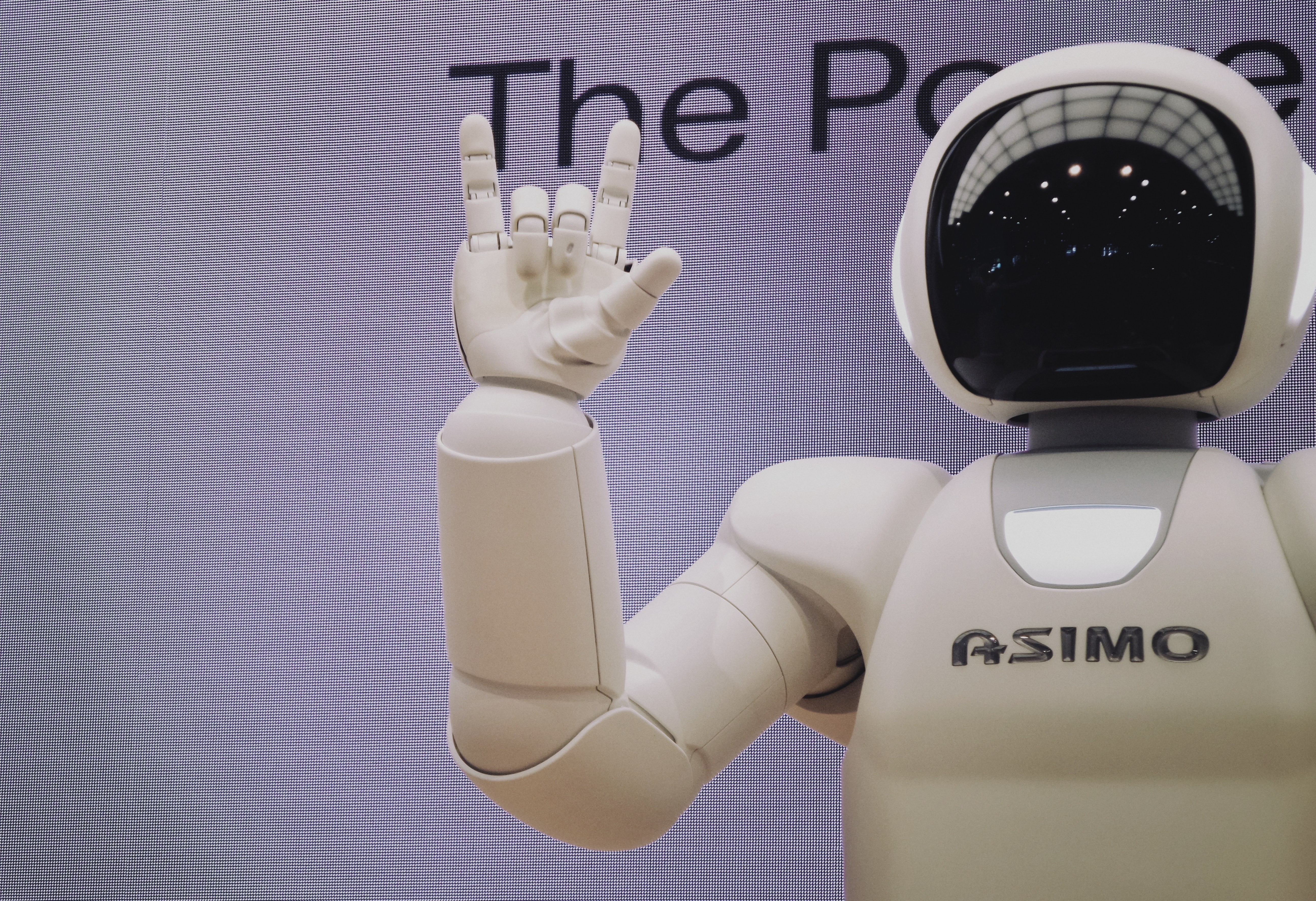AI Implementation in Consumer Goods Spaces
While technology disrupting the consumer good space is nothing new, we’re constantly seeing new tech being introduced and revolutionizing the way we work. Artificial intelligence (AI) is just one of those technologies.
AI is quickly taking over almost every industry — and we’re only at the beginning of the AI revolution! Consumer goods and retail companies are already using AI for customer care, quality control, inventory management, pricing, and more.
It’s expected that spending on AI will exceed $10 billion by 2023, so if your business isn’t using AI yet, it’s time to get familiar with the future.

What is AI?
Artificial intelligence is defined as the ability of a computer (or robot controlled by a computer) to do tasks that are normally performed by humans because human intelligence and discernment are required.
While AI cannot yet take over every task or solve every problem we have, it can be trained for specific tasks. We commonly see AI paired with machine learning to improve how it works and create a more human experience for anyone working with the AI.
When researching AI, you will often come across the term “Machine Learning”. Machine learning (ML) is broadly defined as the capability of a machine to imitate intelligent human behavior. Machine learning uses data to improve the abilities of an AI, much in the same way a human will learn from past experiences.
Machine learning has been very quickly adopted by many industries and has been called “arguably the most important way most parts of AI are done” by MIT professor and founder of the MIT Center for Collective Intelligence, Thomas W. Malone.
By using AI and ML together, CPG businesses can make better products, accurately predict and meet customer demand, improve customer service facilities, reduce waste, and many, many more useful applications that can improve your business.

AI implementation in consumer good spaces
AI can be used to augment a wide range of tasks in the consumer goods and retail spaces. We’re already seeing it being implemented in a range of ways, including:
Product design
Using AI to guide product design can help teams make more successful products in less time while using less resources. By deploying AI to look through customer data, you can quickly and easily identify products and features customers are looking for. This allows teams to ditch the fluff and focus on creating things that offer real value to the customer.
Autonomous vehicles in stores and warehouses
If you’ve been to a large store recently, you’ve likely seen those cleaning robots driving around the aisles. This is just one way AI has made things easier for retail and warehouse workers.
AI is being used to build “smart warehouses” that use autonomous vehicles to do most of the heavy lifting, improving efficiency and employee safety. Meanwhile, AI-powered inventory management systems are making it simple for warehouse managers to keep an eye on their stock levels.
Predictive analytics for future trends, demand forecasting, etc
Forecasting has always been a tough job for businesses in every sector. However, in this hyper-digital landscape, businesses have access to more customer data than ever before. AI can look through mountains of data and easily pick up on purchasing patterns, offering a far more accurate way of forecasting demand.
Predictive analytics helps businesses make better decisions based on real data. It can help them to find gaps in the marketplace, improve customer retention, and predict and accurately quantify risks. According to a report from McKinsey, AI-powered forecasting can reduce errors by as much as 50%.
Supply chain insights
Over the past couple of years, we have seen the supply chain evolve and fall apart very quickly. We’re living in truly unprecedented times — and for those running businesses that rely on the global supply chain, it’s been a nightmare.
With AI, businesses can adapt to this difficult situation much easier. They can quickly gather crucial insights and with better forecasting, they can quickly adjust their strategies to handle whatever supply chain issues they face.
Chatbots, in-store automation, and smarter shopping
Chatbots are arguably the most visual form of AI we see in the consumer goods space. Almost every company now offers a chatbot as their first port of call for customers needing assistance. With AI and Machine Learning, chatbots are quickly becoming smarter and much more human. Customers can have a natural feeling conversation that solves their issue quickly.
Meanwhile, customers shopping in a brick-and-mortar store can still benefit from AI. A great example of this is Lowe’s “Lowebot" — an in-store service robot that uses AI to essentially provide an in-person chatbot that can help customers in multiple ways and multiple languages.
The Lowebot also assists employees with manual tasks like inventory management, allowing employees to focus on providing a great in-store experience.

How to get started with AI
As with any other shift in technology, adapting to this new AI-powered world will take time and money. As AI can be expensive and complicated in the early days, the decision to implement it throughout your business isn’t one that should be taken lightly. However, the longer you stick with artificial intelligence, the more beneficial it will become.
Introduce AI slowly, starting with the areas that need improvement the most. By carefully rolling out AI, you can avoid wasting money on areas that are functioning just fine already and avoid major disruption to productivity levels.
It’s worth keeping in mind that, while introducing AI is expensive, it’s an investment that can quickly pay off in many different ways, from reducing waste to reducing the hours your employees need to put into any one task.
Buffalo Market makes life easier for food and beverage brands to get their products in the hands of customers. We offer a passionate service for passionate brands and by partnering with us, you could increase your sales by 38%!
Why not contact us today to see how we can do the same for your brand?


